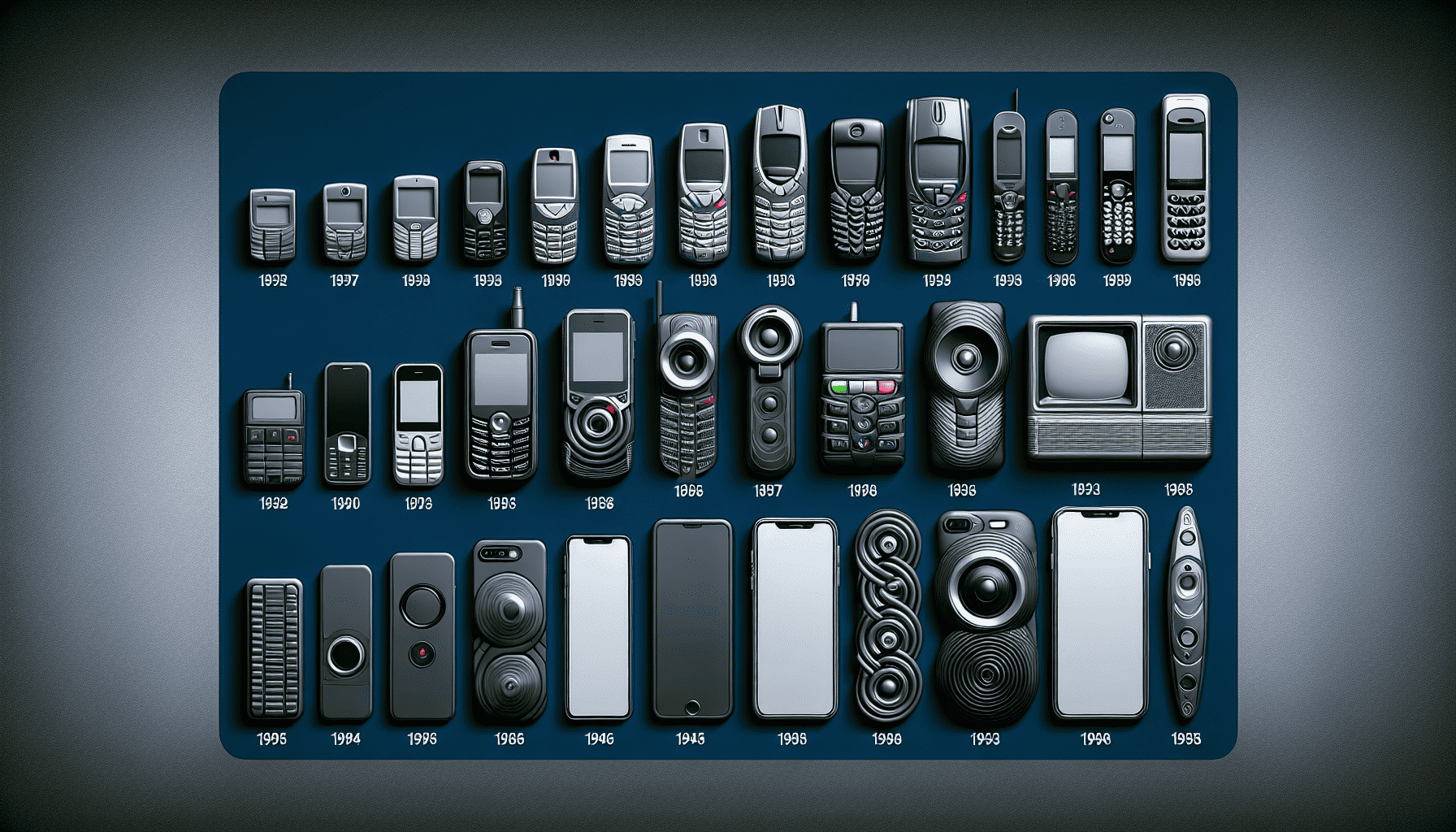Mobile technology has experienced a remarkable transformation since its inception, reshaping the way we communicate, access information, and interact with the world around us. From the humble beginnings of cumbersome mobile phones to today’s sleek, multifunctional smartphones, the journey of mobile technology is a testament to human ingenuity and the rapid pace of technological advancement.
The story of mobile technology begins in the 1980s with the introduction of the first generation (1G) mobile phones. These devices were bulky, expensive, and had limited functionality, primarily focused on voice communication. However, they marked a significant step forward in personal connectivity, liberating communication from the constraints of landlines.
The 1990s brought the second generation (2G) networks, which introduced digital encryption, improved voice quality, and the groundbreaking Short Message Service (SMS). This decade saw the mobile phone's evolution into a more compact and affordable device, making it accessible to the broader public. Text messaging became an instant hit, revolutionizing the way people communicated.
Entering the new millennium, the third generation (3G) networks opened the door to mobile internet access. This era was characterized by the convergence of mobile phones and portable computers, as devices began to support web browsing, email, and multimedia messaging. Mobile phones started to become more than just communication tools; they were emerging as miniature, versatile computers.
The introduction of the smartphone in the late 2000s marked the dawn of the modern mobile era. Driven by Apple's iPhone and Google's Android operating system, smartphones transformed the landscape with their touch interfaces, vast array of applications, and seamless integration with other digital services. The concept of an "app store" revolutionized software distribution, spawning a vibrant ecosystem of developers who innovated at an unprecedented pace.
Behind the scenes, advancements in mobile network technology continued to push boundaries. The rollout of fourth generation (4G) networks enabled faster data transfer rates, facilitating high-quality video streaming and real-time gaming on mobile devices. This connectivity boost laid the groundwork for social media platforms, video conferencing, and cloud computing, further embedding mobile devices into the fabric of daily life.
As we progress into the 2020s, fifth generation (5G) technology is taking center stage. Offering dramatically increased speeds, lower latency, and the ability to connect a vast array of devices simultaneously, 5G is set to power the next wave of innovation. It promises to enhance augmented reality (AR), virtual reality (VR), and the Internet of Things (IoT), driving advancements in fields such as autonomous vehicles, smart cities, and advanced healthcare solutions.
Mobile technology's evolution is not limited to hardware and network improvements. The software ecosystem has seen transformative changes, with artificial intelligence (AI) and machine learning (ML) being integrated into mobile applications. These technologies enable personalized user experiences, intuitive voice assistants, and powerful computational photography, enhancing the smartphone's ability to anticipate and meet user needs.
Moreover, mobile technology has fundamentally altered social dynamics. It has bridged geographical divides, enabling instant communication across the globe. Social media platforms, accessed predominantly through mobile devices, have fostered a new culture of digital interaction, community building, and information sharing.
Looking ahead, the future of mobile technology is boundless. We can expect further miniaturization and integration of technologies, leading to wearables, foldable devices, and even more immersive AR and VR experiences. The emphasis will likely be on creating a seamless, interconnected digital experience that transcends traditional device boundaries.
In conclusion, mobile technology's evolution from oversized communication devices to indispensable personal assistants illustrates a journey of relentless innovation and adaptation. It has reshaped every facet of modern life, and as technology continues to advance, there is no doubt that its impact will only deepen. The way we connect with each other and the world will continue to evolve, driving both personal and societal transformation.
